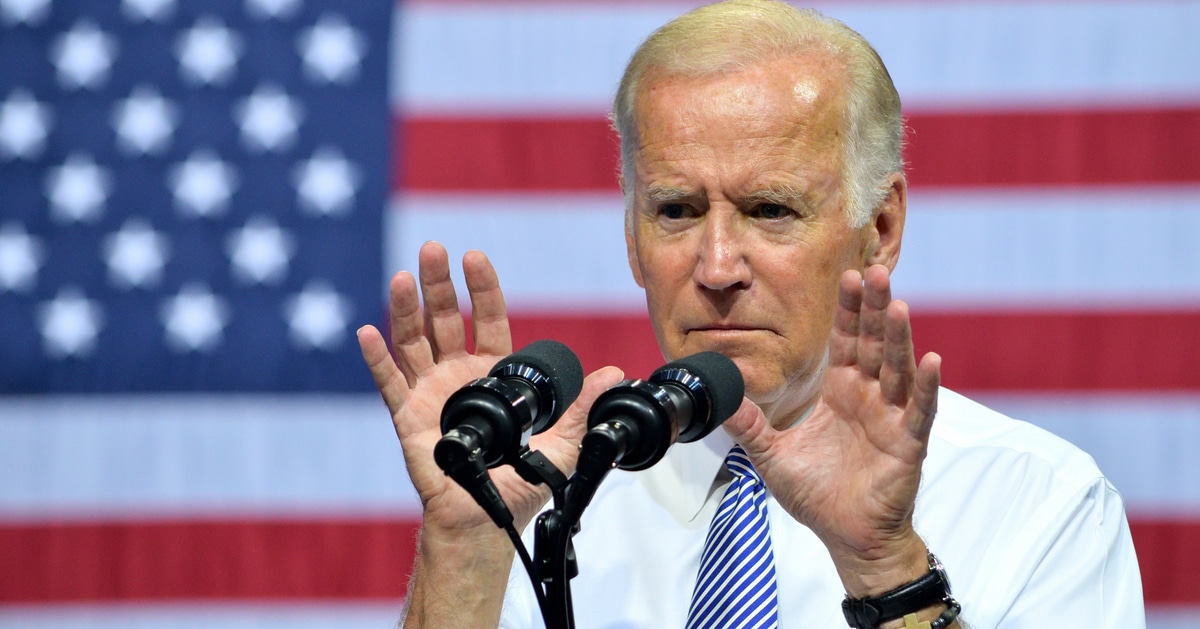




The Pennsylvania Supreme Court has delivered a pivotal decision allowing voters who submitted flawed mail-in ballots to cast provisional ballots as a remedy.
The Washington Examiner reported that the ruling came as a result of a legal challenge from Butler County residents who disputed the rejection of their provisional ballots in the state’s 2024 primary elections.
In a close judgment, the court ruled four to three in favor of this corrective measure. This originated from the lawsuit filed by Butler County residents against their local election officials. The residents argued that their provisional votes were refused due to initial errors in their mail-in submissions.
The court’s decision requires the Butler County Board of Elections to count the provisional ballots of those whose mail-in submissions were rejected.
These rejections were typically due to common errors such as missing secrecy envelopes, absence of required information, or inaccurate details.
The legal action commenced after Butler County residents experienced the refusal of their provisional ballots.
Initially, an intermediate court ruled in their favor, supporting the right of these voters to have their provisional votes counted despite errors in their mail-in ballots.
However, the Republican National Committee appealed the intermediate court's decision, escalating the matter to the Pennsylvania Supreme Court. The appeal underscored the contentious nature of electoral procedures and voter rights, especially in key battleground regions like Pennsylvania.
The Supreme Court’s majority opinion highlighted the necessity to uphold voter rights. It argued against disenfranchisement as a consequence for failing to meet specific mail-in voting criteria. It emphasized that voters had properly utilized available provisional voting mechanisms to rectify their initial mistakes.
This ruling is particularly significant in Pennsylvania, a crucial state in the political landscape. As Vice President Kamala Harris and former President Donald Trump run in close competition, every vote holds considerable weight.
The decision was met with approval by the Pennsylvania Democratic Party. Spokespersons for the Harris campaign and the Democratic National Committee praised the court’s stance, emphasizing protection of voters' rights amidst ongoing political contention.
In a statement, representatives from both the Harris campaign and the Democratic National Committee conveyed that while some factions attempted to impede voting rights, others prioritized voter enfranchisement, regardless of political affiliation.
The use of provisional ballots is a mechanism in place for voters whose eligibility might be in question.
These ballots are counted once eligibility is confirmed, ensuring that mistakes in initial submissions do not lead to loss of voter voice.
The court’s decision underscores the importance of safeguarding the integrity of the voting process. It ensures that voters who make procedural errors can still participate in the democratic process through provisional means.
As political tensions persist and electoral procedures face scrutiny, such rulings serve to reaffirm the foundational principle that every eligible voter should have the opportunity to have their say in elections.
The implications of this ruling extend beyond this particular case, setting a precedent for how similar cases might be handled in the future. It highlights the ongoing debates about the balance between electoral integrity and voter access.
The court's decision also reflects broader national conversations about voting rights, emphasizing the need for accessible voting procedures that prevent unnecessary disenfranchisement.
As elections remain a pivotal aspect of civic engagement, ensuring fair opportunities for all voters continues to be a central theme in legal and political arenas. This ruling reinforces the judiciary’s role in maintaining that balance.



